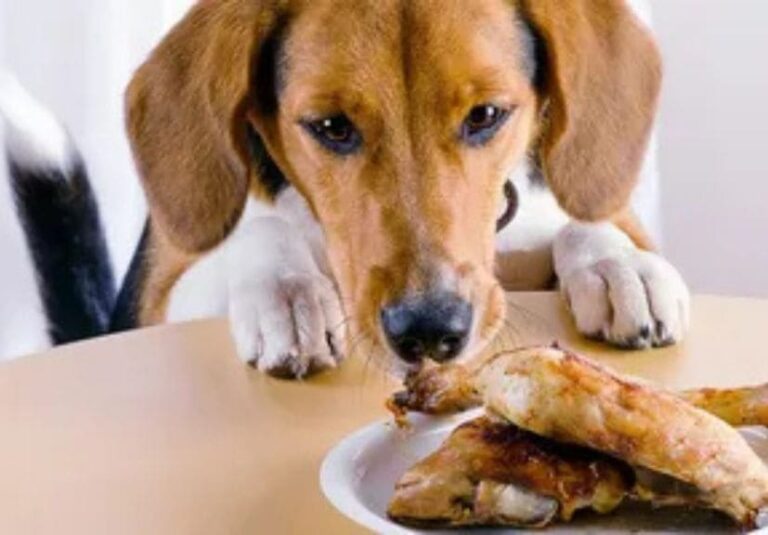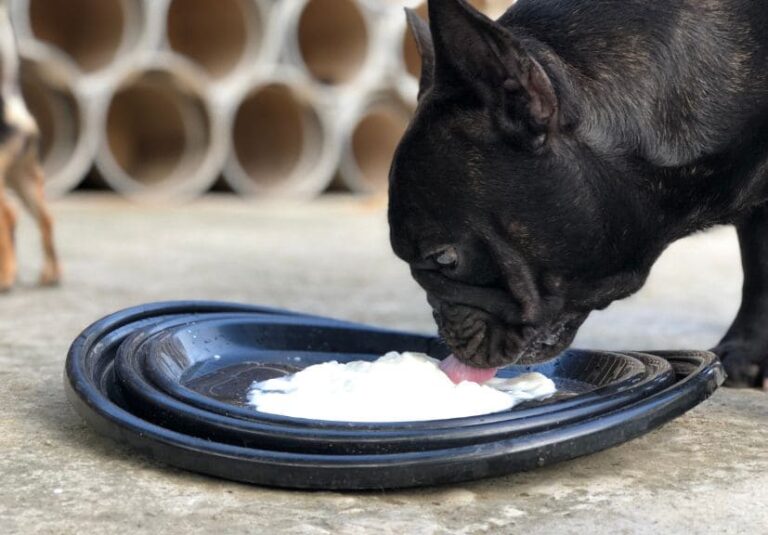Understanding Why Your Dog Is Always Hungry
There are several reasons why your dog is always hungry. Nutritional aspects are important. Even after eating regularly, your pet may still feel hungry if they are not getting enough nutrients from their food. Moreover, several illnesses can cause an increase in hunger, including exocrine pancreatic insufficiency, diabetes in dogs, and Cushing’s disease (hyperadrenocorticism). By eating the nutrients intended for dogs, parasites such as intestinal worms can also make a dog ravenous all the time. Excessive eating can also be caused by behavioral factors like boredom or stress.
Strategies to Prevent Increased Appetite in Dogs
There are many strategies to prevent increased appetite in dogs involving multifaceted approaches. By caring for their diet, maintaining a consistent feeding schedule, providing environmental enrichment, ensuring proper workout, managing treats, and ensuring access to fresh water, you can effectively address the issue of increased appetite and promote your pet’s overall well-being.
Care For Their Diet
Your dog’s satiety and nutritional absorption depend on eating a high-quality, balanced meal. Your dog will receive the proper quantity of nutrients if you select food for them depending on their size, age, and activity level. For weight control, low-calorie, high-fiber foods can help cut calories while keeping your pet satisfied.
Make Sure To Feed On A Schedule
To prevent overeating, a regular feeding plan must be followed. Portion management is essential for preventing weight gain and helping to control blood sugar levels. Regular feeding schedules aid in normal development for your dog and lessen the likelihood that they may experience extreme hunger.
Environmental Enrichment
To stop boredom eating, mental activity is essential. Your dog will be less likely to overeat out of boredom if you use puzzle feeders or food-dispensing toys to keep them busy. This tactic helps to improve mental health in addition to reducing binge eating.
Proper Workout
Maintaining your dog’s weight and lessening hunger sensations need regular exercise. Exercise contributes to calorie burning and maintaining a healthy weight. Excessive eating may be triggered by stress, which exercise helps minimize.
Treat Management
To prevent consuming extra calories, treat consumption must be closely monitored. To keep your dog happy without causing them to gain weight, choose low-calorie treat substitutes like fruits or vegetables.
Access to Fresh Water
There are instances when dehydration is confused with hunger. To avoid them from eating when they are truly thirsty, make sure your dog always has access to clean water.
Additional Tips
It is essential to see a veterinarian to rule out medical reasons for increased hunger. Any signs, such as weight loss, binge drinking, or frequent urination, may indicate an underlying medical condition such as Cushing’s disease or diabetes. An animal doctor can provide the required diagnosis and suggest the best action.
Refraining from overfeeding and using table leftovers is also crucial. Dogs may not get the essential nutrients from human food, and it may be heavy in calories. Furthermore, dogs may be poisoned or harmed by some foods.
Conclusion
It’s important to recognize the underlying reasons for canine hyperphagia and take preventative measures against them. The keys to controlling your dog’s appetite include well-balanced food, a regular feeding schedule, environmental stimulation, frequent exercise, and appropriate reward administration. Always visit a veterinarian for individualized advice and to rule out any underlying medical concerns. You can guarantee the health and welfare of your dog by adhering to these guidelines.
How to treat increased appetite in dogs?
To treat increased appetite in dogs, provide a balanced diet, maintain a regular feeding schedule, offer mental stimulation with puzzle feeders, ensure regular exercise, monitor treat intake, and always provide fresh water. To rule out medical diseases like as diabetes or Cushing’s disease, see a veterinarian.
What are Constant Dog Appetite Factors?
Here are some constant dog appetite factors that should not be overseen:
- Assessing Food Quality and Quantity
- Potential Health Issues
- Behavioral and Environmental Factors
- Genetic and Breed Considerations
Can dogs control their appetite?
However, because many of our dogs and cats lack an ‘off’ button when it comes to food, they often don’t stop eating until they are satisfied. As responsible pet owners, we must limit how much food they eat. They don’t necessarily require more food if they are looking for more.
Is it unhealthy for dogs to eat more?
See your veterinarian to determine the reason and appropriate course of action if your dog is overindulging in food. Dog obesity has significant dangers, such as a decreased lifespan and a lower quality of life.




